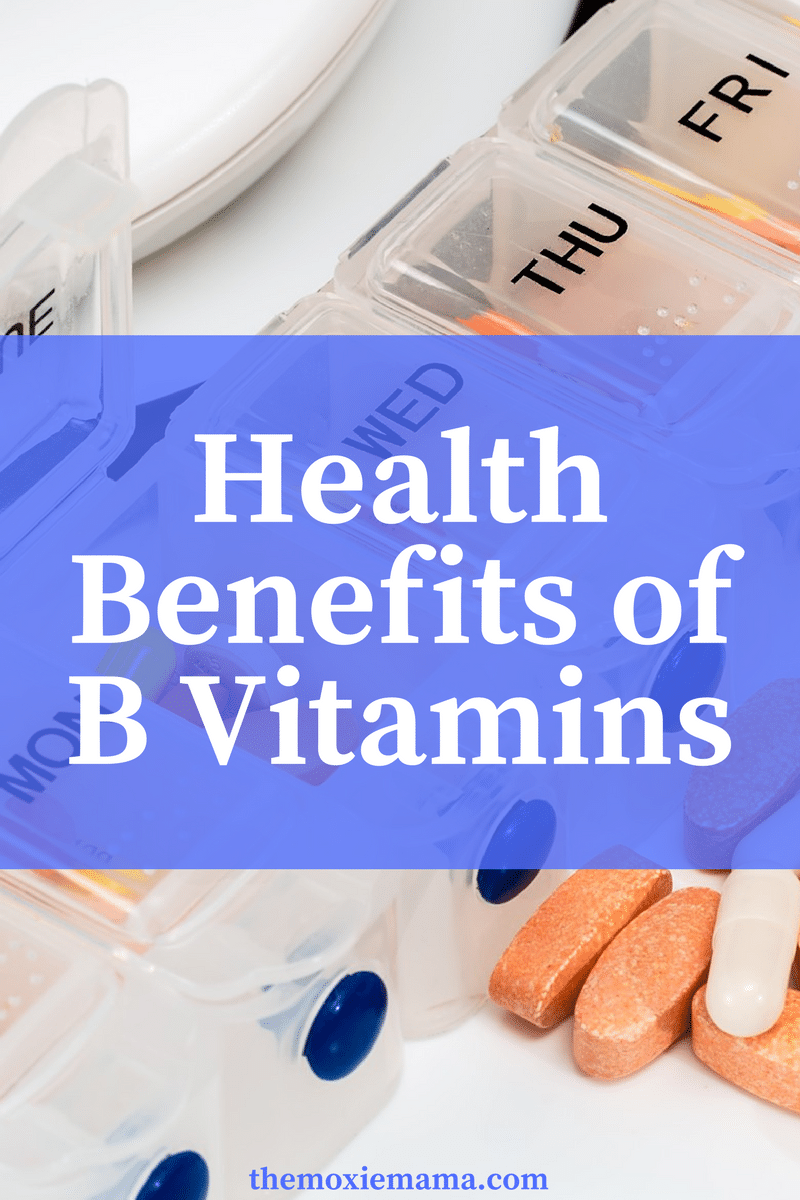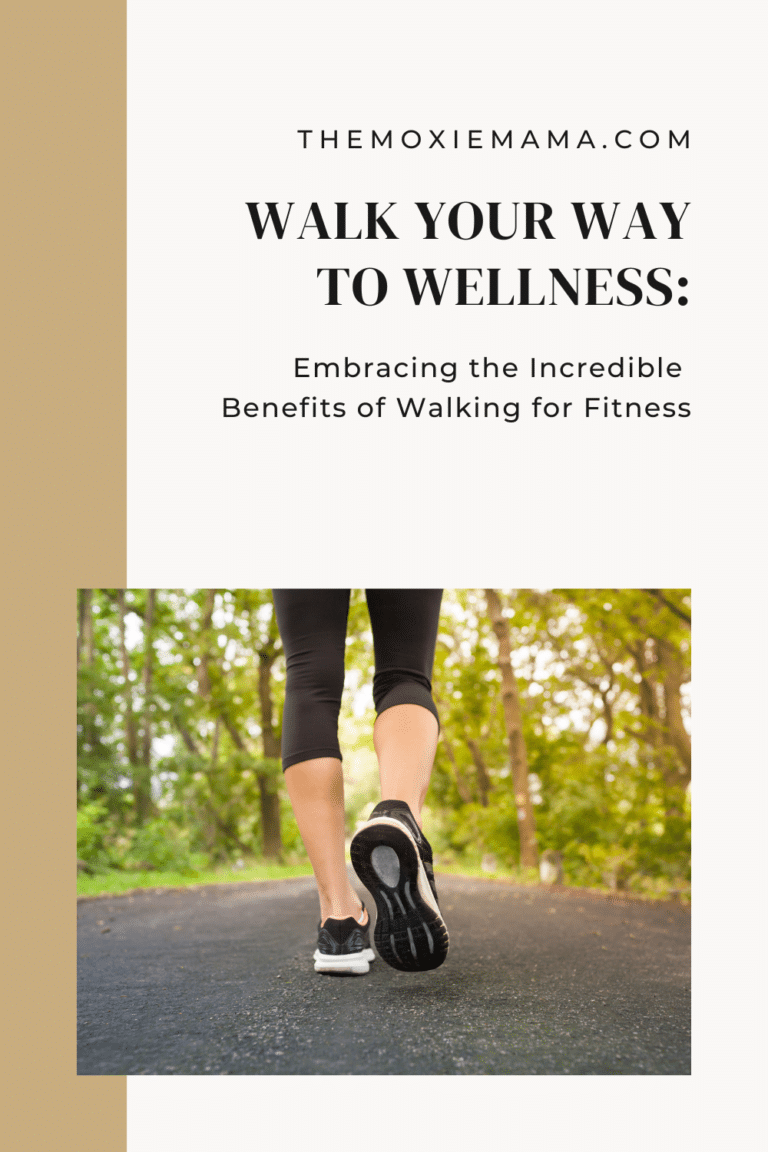Are you tired, cranky, forgetful, depressed, or just don’t have any energy to get through your day? In our contemporary, fast-paced lives it is easy to become chronically tired, forgetful, anxious, or feeling down. We depend on energy drinks, sodas, and coffee, to get through our busy days. However, what you may be experiencing might in reality be a vitamin B deficiency.
What Causes B Vitamins Deficiencies?
Different situations in our lives could be creating a reduction of B vitamins within our bodies. These include stress, diet, alcohol, and aging.
Stress. The stress and exhaustion of working long hours, continuing family obligations, managing kids schedules, and money problems can cause chronic stress. Chronic stress can exhaust your B vitamin stores.
Poor Diet. In addition to our fast-paced lives, many people are too tired to cook or eat correctly and depend on convenience or fast foods. These foods are high in carbohydrates and artificial ingredients which can decrease B vitamins within the body. Fresh fruits and vegetables as well as meat, particularly red meat, are the best sources of B vitamins.
Alcohol. Drinking alcohol can reduce thiamine (B1 vitamin), a shortage that can be very harmful to your nervous system and mental state. Excessive alcohol usage over an extended amount of time can cause mental “fogginess”, inability to concentrate, and a decrease your memory.
Aging. As we age, B12 deficiencies become common due to our ability to absorb nutrients from our food. In reality, men 40 and over are at increased risk for B12 deficiencies and dementia. This situation is reversible with vitamin B12 supplements.
Getting B Vitamins
It is important to get sufficient levels of B vitamins in our diets. There are 12 very important B vitamins. Each B vitamin has a precise part in our health. The most beneficial way to make sure that you get all the B vitamins is from food as our bodies have the ability to break down natural sources best. However, sometimes we need a little boost from supplements to ensure proper levels.
Since B vitamins are water soluble, toxicity from too much B vitamins is quite rare. This means that the body uses what it needs and then excretes, via urine, anything that is left over. However, B12 is stored within our liver, kidneys, and other tissues. Insufficient consumption might not become apparent until it is totally exhausted. Your doctor can perform a simple blood test to indicate if you are deficient in vitamin B12.
The Most Common B Vitamin Deficiencies
The most common B vitamin deficiencies are B1, B2, B9, and B12. Below is a summary of what these four B vitamins do; what foods they can be found in, and symptoms related with each deficiency.
Thiamine/Vitamin B1. Vitamin B1 preserves muscle, nerve function, energy, and mental focus. Good sources of B1 include tuna, black beans, green peas, and sunflower seeds, tuna. Generally deficiencies in B1 are rare except if you drink a lot of alcohol. Symptoms include decreased appetite, muscle weakness/tenderness, numbness and tingling in your feet.
Riboflavin/Vitamin B2. B2 supports cellular energy. Good levels are important for heart health and heart attack prevention, especially for men at higher risk for heart disease. Good sources of B2 include yogurt, venison, liver, and certain types of mushrooms. You will be more prone to B2 deficiency if you use oral contraceptives, are lactose intolerant, or consume a lot of alcohol. Symptoms of B2 deficiency include sensitivity to light, tearing/burning in your eyes, peeling skin surrounding the nose, and cracked skin at the side of your mouth.
Folic Acid/Vitamin B9. We have all heard how important folic acid (B9) is during pregnancy to avoid severe neural tube birth defects in babies. But maintaining good levels of B9 folic can also help prevent arteriosclerosis, stroke, and heart attacks. Excellent food sources of B9 folic acid include fresh leafy green vegetables, lentils, legumes, brown rice, liver, poultry, and pork. Symptoms of B9 folic acid deficiencies include severe anemia, gastric distressed, reduced brain and nerve functions.
Cyanocobalamin/Vitamin B12. B12 sustains good formation of red blood cells, preservation of nerve tissue, and neurological function. Food sources of B12 are dairy products, fish, and red meat. Symptoms of B 12 deficiency numbness and tingling of toes and fingers, anemia, confusion, poor memory, muscle weakness, and predisposition to infections.
To make certain that you don’t create B vitamin deficiencies, decrease stress levels by performing more exercise and pleasurable activities in your life in addition to implementing good sleep habits. Include good B vitamin food sources in your diet and decreasing or eliminating alcohol consumption will also assist you in avoiding deficiencies and illness.
While aging is unavoidable our reduced capability to absorb vitamin B12 can be easily improved. Supplementation of B12 via pills, creams, patches, or even injections by your doctor can help you stay mentally sharp and active. Stay tuned later this week when I review Maxasorb B12 Serum by Vita Science.
This post is for information purposes only and is not meant to diagnose, treat, cure or prevent any disease. Consult with your physician prior to adding supplements to your diet.




